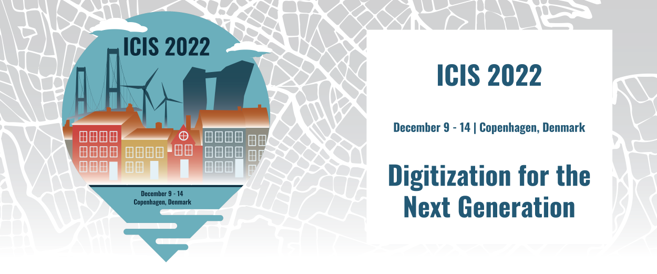Loading...
Paper Number
2177
Paper Type
Complete
Description
Data breaches lead to inherent uncertainty among customers due to the compromise of information and its potential consequences for customers, e.g., identity theft or credit card misuse. Previous research has focused on outcome-based strategies to address these negative impacts. However, informed by reactance theory, we argue that customers feel a loss of control due to the induced uncertainty and that companies need to tackle these impacts. We test our hypotheses in two empirical studies. The results of Study 1 suggest that data breaches indeed lead to an increased perception of uncertainty among customers. Study 2 examines to what extent the establishment of control can mitigate the negative uncertainty effects. We highlight that by providing customers with control, companies can reduce the degree of uncertainty and increase satisfaction with the response. By conceptualizing choice as a catalyst for perceived control, we offer practitioners a novel strategy for responding to data breaches.
Recommended Citation
Diesterhöft, Till Ole; Schweneker, Saskia Isabel; Masuch, Kristin; Aslan, Aycan; and Braun, Marvin, "The Role of Uncertainty in Data Breach Response Processes - A Reactance Theory Perspective" (2022). ICIS 2022 Proceedings. 11.
https://aisel.aisnet.org/icis2022/security/security/11
The Role of Uncertainty in Data Breach Response Processes - A Reactance Theory Perspective
Data breaches lead to inherent uncertainty among customers due to the compromise of information and its potential consequences for customers, e.g., identity theft or credit card misuse. Previous research has focused on outcome-based strategies to address these negative impacts. However, informed by reactance theory, we argue that customers feel a loss of control due to the induced uncertainty and that companies need to tackle these impacts. We test our hypotheses in two empirical studies. The results of Study 1 suggest that data breaches indeed lead to an increased perception of uncertainty among customers. Study 2 examines to what extent the establishment of control can mitigate the negative uncertainty effects. We highlight that by providing customers with control, companies can reduce the degree of uncertainty and increase satisfaction with the response. By conceptualizing choice as a catalyst for perceived control, we offer practitioners a novel strategy for responding to data breaches.
When commenting on articles, please be friendly, welcoming, respectful and abide by the AIS eLibrary Discussion Thread Code of Conduct posted here.



Comments
06-Security